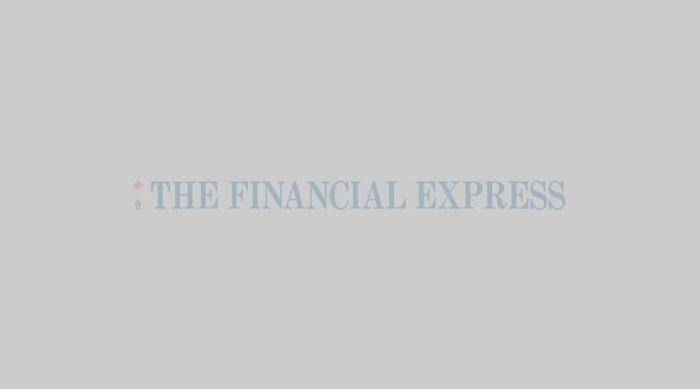While data for FY14 won?t be out for a few months, data for financial savings of the household sector collected by RBI suggest things won?t be too different from FY13, not surprising given the sub-5% growth for the year. As a share of the GDP, net financial savings of households in FY14 came in at 7.2%, not too different from the previous two years, but dramatically lower than the 12% in FY10. Within this, the share of deposits has gone up about 2 percentage points with roughly R6.9 lakh crore having been added during the year. Although, real interest rates having been negative for more than three years now, the rise in risk aversion, at a time when consumer confidence is low, was expected. Expectedly, money has been pulled out of shares and debentures?their share of household financial savings is down from 4.1% in FY13 to 2.9% in FY14?but this could reverse in the current year with the economy expected to recover and stock markets on a roll. Equity schemes of mutual funds are already seeing better inflows, but one of the reasons physical assets such as gold score over financial savings is that consumers don?t need to comply with KYC requirements. Which is why the Kisan Vikas Patra?subscribers to which don?t have to divulge too many details about themselves?might see a good response.
In which case, as in the past, the size of overall savings will depend on how public sector and corporate savings fare?between FY08 and FY13, public sector savings fell from 5% of GDP to 1.2%, corporate from 9.4% to 7.1%, and households remained steady from 22.4% to 21.9%; financial savings of households, though, fell from 11.6% to 7.1%, a result of the uncertain economic outlook. While tax sops might help change the balance, as will inflation-indexed bonds, it is only stronger economic growth which will help as households feel safer with gold and property in uncertain times. With savings constrained, investments can?t rise to the desired levels without running a large current account deficit which, in turn, will make the rupee vulnerable. In other words, there are no shortcuts to getting the fisc back on track, and waiting for the economy to slowly recover.


